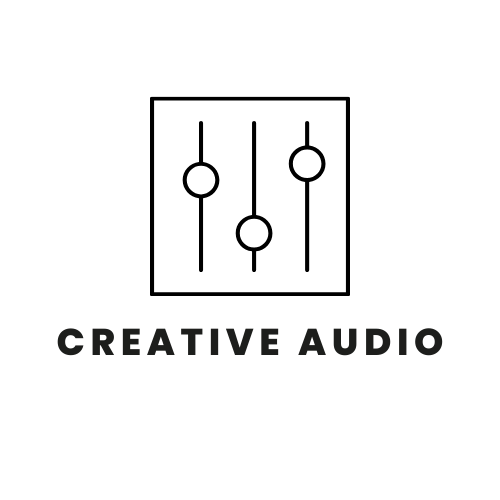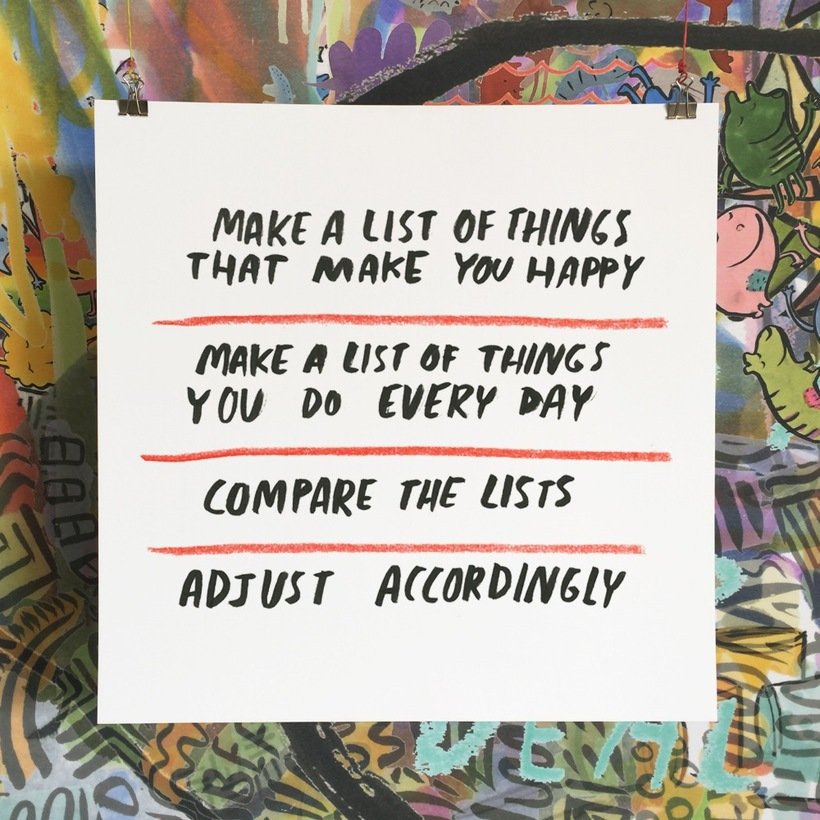What are the Career Opportunities?
I am often asked about career pathways within the creative industries. It's not surprising that young people might wonder, where can this programme of study take me? Such long-term thinking is always impressive, however, it can be a difficult question to address in clear and personalised terms for two reasons:
Unless we've met, I may not know what your particular interests are. Additionally, by the time you've completed our course, you will have developed considerably; one of our primary goals.
I don't know the future. Nobody does. We can only look to the evidence from culture and industry.
The demand for self-starting, diligent, skilled and creative people has never been greater. I can tell you from experience over my own working career and through ongoing conversations with industry, the search for innovative and capable practitioners never stops. Graduates of the Creative Audio programme receive a Bachelor of Science (BSc.) award, which underlines our focus on what I can best describe as building things. In this context, things implies a creative mix of supporting elements including audio, visual, interactive software/hardware, research and advanced processes. All of which reference contemporary culture.
Our focus on student-led, real-world projects is not only superior in terms of learning and development, it also means that we're (students and staff) constantly developing work that can be shown. As a creative practitioner this serves both artisitic and career ends: your portfolio of work will evolve throughout your time on the course. There is no better way to illustrate your skills and attributes than to have a series of projects that you can mark as your own!
"Be so good they can't ignore you" – Steve Martin
Another valuable question to ask is: will this course help me to grow? To put it another way, will my development – personal and professional – be supported or diminished? An absence of progress tends to create friction that will slowly erode our creativity and motivation. Progress leads to a sense of contentment. Work will never feel hard, even though you may be investing long hours in a project.
To support your development as best as possible, the course team provide detailed tuition – often one-on-one and tailored to your specific interests – in the following areas:
specific technical knowledge and skills
the development of processes that underpin creative work
the use of problem-based learning
the development of collaborative processes essential to your career
a focus on reflective practice to underpin your growth - refining one's skills is a process of dedicated revision
"We are drowning in information while starving for wisdom. The world henceforth will be run by synthesizers, people able to put together the right information at the right time, think critically about it, and make important choices wisely." – E.O. Wilson
The American academic Professor Scott Galloway suggests "don’t follow your passion, follow your talent." The opinion is echoed by best-selling author Cal Newport. While not a prescription for everyone – generalisms are almost always problematic – there is some logic to the statement. Even so, the term 'talent' is ambiguous. Often what looks like talent is simply careful attention and persistence. So, perhaps a more helpful question is: what are the things you want to do...and will therefore keep doing?
A List by Dallas Clayton
At 18 or 19 years of age it may not be clear what your interests are. Reflecting on my own journey over this period, I definitely needed more time to explore possibilities. If you are driven to do creative work, that's a great starting point. Within the creative industries, there are many pathways. It is a fluid space, constantly evolving and reinventing itself, which is part of what makes it so exciting. The Creative Audio programme mirrors this reality: our students bring a wide range of interests and abilities. Each year, classes are made up of a fascinating group of creative, young people.
On one level, recent events have highlighted the fragility of our systems. With this in mind, many people are seeking certainty. This is an entirely understandable reaction. However, such a pursuit can be unhelpful. It's not realistic. The future is always uncertain. Our world is constantly in flux. Looking to subject areas with more defined career trajectories, for example, accountancy, law or medicine, each faces tremendous change into the future. No one is excluded. Even so, we can take comfort in the fact that human beings are highly adapatable.
An undergraduate degree is an important first step. We throw off the shackles of school and become independent thinkers - a skill that will serve us throughout our lives. I therefore recommend that you consider the matter deeply. Choose a degree that best supports your development as a future professional and well-rounded citizen of society.
If you would like to discuss your own interests or ambitions, please don't hesitate to get in touch. I'm more than happy to assist where I can. Also, for those of you considering starting your own business, take a look at Neat Little Boxes.
“What the pupil must learn, if [he/she] learns anything at all, is that the world will do most of the work for you, provided you cooperate with it by identifying how it really works and aligning with those realities. If we do not let the world teach us, it teaches us a lesson.”
— Joseph Tussman

